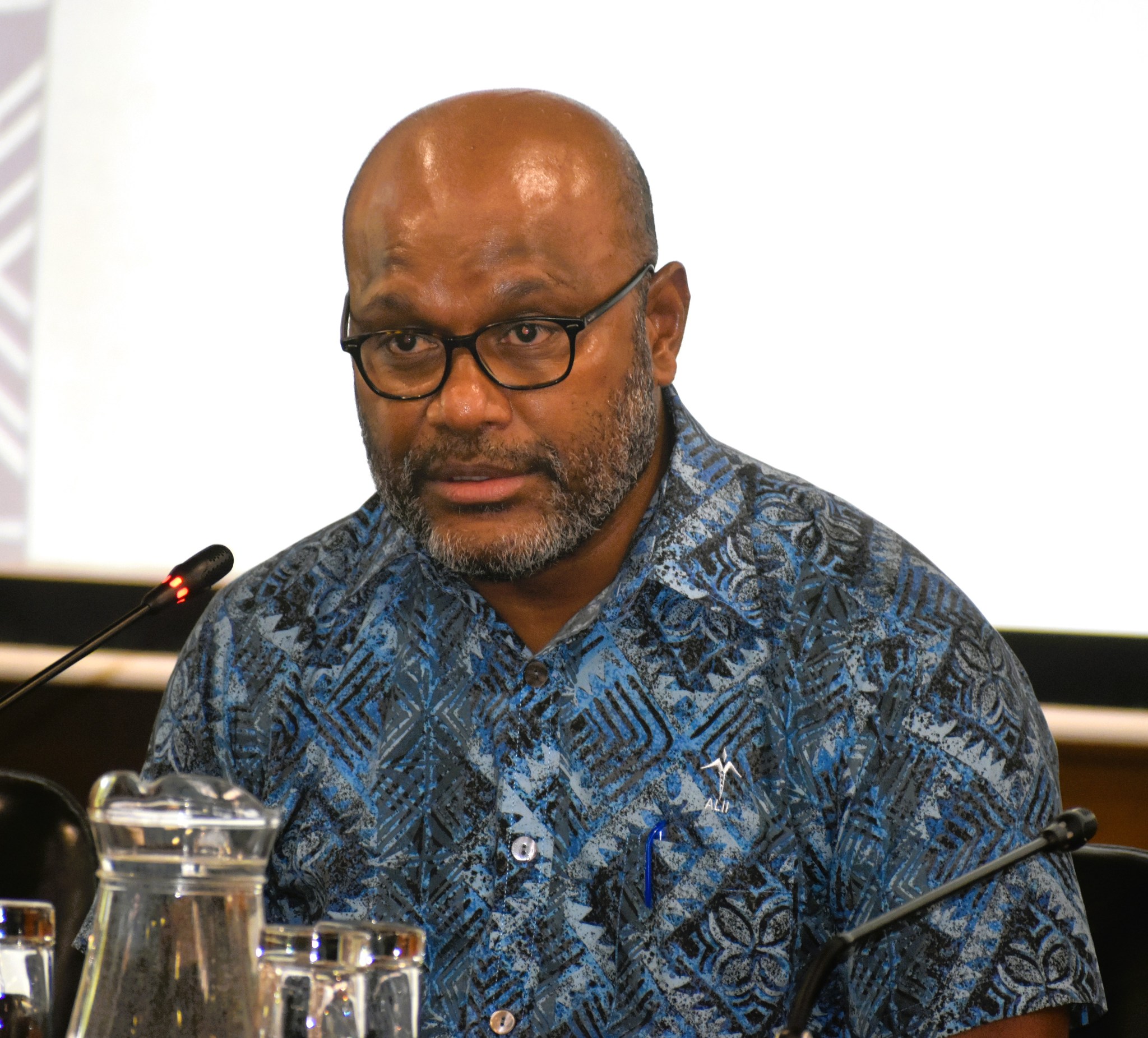Deputy Secretary General of the Pacific Islands Forum (PIF), Esala Nayasi, has emphasised the critical role of civil society in achieving regional goals.
Standing in for Secretary General Baron Waqa, who was on duty travel early this week, Nayasi extended his apologies and shared Waqa’s eagerness to engage with CSOs in his tenure.
“Having commenced his term two weeks ago, we have briefed him on the CSO programme at the Secretariat, and he very much looks forward to engaging with civil society over the course of his term,” Nayasi said his address at the 2024 Regional Civil Society Organisation (CSO) Forum in Suva.
“We are humbled by your presence here today. It demonstrates the value you continue to place on working with us through the Forum architecture on our common goals.”
The forum’s theme, “Supporting Communities for a Transformative and Resilient Pacific,” aligns closely with the theme of the 53rd Pacific Islands Forum Leaders Meeting: “A Transformative Resilient Pasifiki: Build Better Now.” Nayasi pledged the resources of the Secretariat to support CSOs in aligning their efforts with the region’s key priorities.
“Over the coming days, I commit to you the resources of the Secretariat and its personnel, to better understand and arrange yourselves against the region’s key priorities, particularly as you prepare for key upcoming regional meetings,” he said.
Reflecting on a decade since the endorsement of the Framework for Pacific Regionalism, Nayasi noted the significant progress made in civil society engagement.
“In 2014, the role and inclusion of civil society was elevated in a way that we had not seen in the Forum’s 40-year history,” he said.
The Framework set mechanisms in motion that enhanced regional policy formulation, culminating in the development of the 2050 Strategy for the Blue Pacific Continent and its Implementation Plan.
Nayasi acknowledged both the successes and challenges over the past ten years.
“This however is not to say that there have not been challenges, or opportunities for further improvement,” he added, reflecting on feedback from CSOs about the need for more meaningful engagement.
“The broad feedback from CSOs is clear – we need to create more opportunities for meaningful engagement with CSOs, including engagement in all other facets of the PIF’s work – not just the ‘big ticket’ items,” he said.
He praised the maturity and impact of the CSO platform, emphasising its role as a bridge between governments, regional organisations, and local communities.
“The value you bring to our organisation is immense,” Nayasi said.
“You amplify community voices and ensure that diverse perspectives are considered at the regional level, you provide valuable knowledge and perspectives on a wide range of issues affecting our Pacific communities.”
Despite the differences between inter-governmental and non-governmental entities, Nayasi highlighted the shared vision for a resilient Pacific.
“This vision will not be achieved without the express and genuine partnerships,” he said.
“And while we may not agree on everything, we share a common commitment to move our Blue Pacific forward. As they say, we are two sides of the same coin.”
Nayasi concluded by celebrating the strength and vibrancy of CSOs in the Pacific, attributing it to their leadership and commitment.
“We are proud of the strength and the vibrance of CSOs in the Pacific. It is a testament to your leadership and devotion to ensure that people from all corners of society benefit from the vision our Leaders have for our Blue Pacific Continent,” he stressed.
He expressed the Forum’s readiness to support the outcomes of the meeting in preparation for the upcoming PIF Leaders meeting in Tonga.
“We look forward to working with you and supporting the outcomes from this meeting, to deliver a successful PIF Leaders meeting in Tonga,” said DSG Nayasi.













